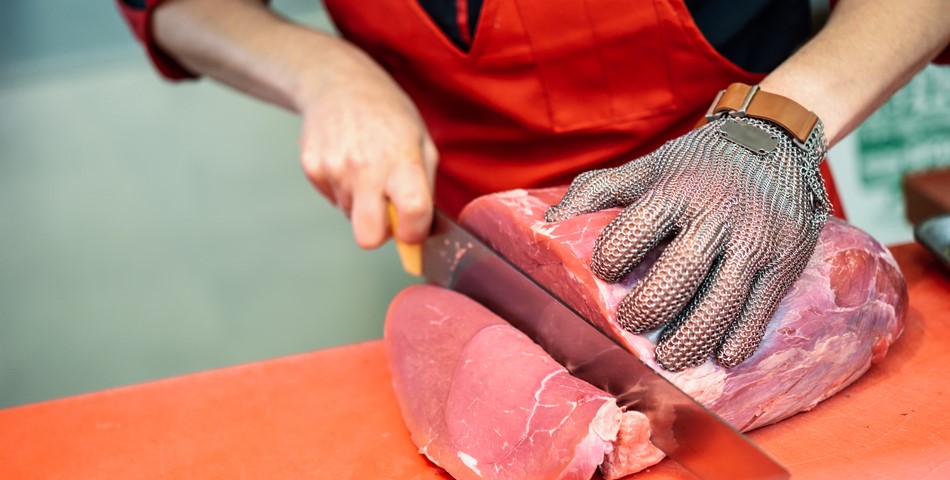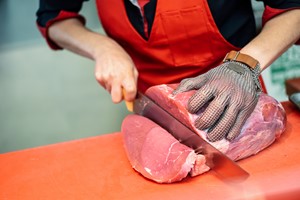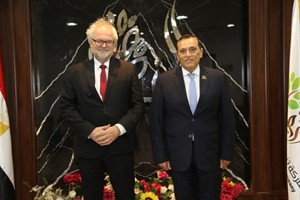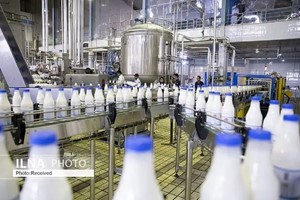Argentina, renowned as one of the world's top producers and consumers of beef, is witnessing a profound shift in dietary habits as the nation grapples with an acute economic crisis. Recent data from the Cámara de la Carne de Argentina (CICCRA), the meat industry chamber, reveals a significant downturn in beef consumption, plunging to its lowest levels in three decades during the first quarter of 2024. This decline, amounting to nearly 10 kilograms less per person annually, underscores the severity of the economic turmoil gripping the South American nation.
Historically, Argentina boasted some of the world's most voracious carnivores, with individuals consuming nearly 50 kilograms of beef per capita annually, as per the UN's Food and Agriculture Organization. However, the ongoing economic crisis, compounded by the austere fiscal policies of President Javier Milei, has triggered a sharp decline in purchasing power, pushing nearly 60 percent of the population into poverty.
The economic upheaval has been accompanied by staggering inflation rates, with year-on-year inflation exceeding 280 percent. Notably, the price of beef soared by 278 percent in March alone, exacerbating financial strain for consumers already grappling with diminished disposable incomes. In response, consumers have begun gravitating towards cheaper cuts of meat, with sales of inexpensive options witnessing a surge, according to reports from local butchers.
Carlos Principe, a 75-year-old butcher based in Buenos Aires, lamented the stark reduction in sales, citing a 25 percent decline in the first quarter of the year. "Consumption went down a lot," Principe observed, noting a shift in purchasing patterns towards daily, rather than monthly, buying habits. He further remarked on the newfound popularity of budget-friendly cuts such as roast beef, paleta, and osobuco, indicative of consumers' cost-conscious preferences amidst economic adversity.
While domestic beef consumption wanes, Argentina's beef exports have experienced a modest uptick, increasing by 22.9 percent in March compared to the previous year. However, this glimmer of hope is tempered by a concurrent decrease in production, with a 7.6 percent decline recorded between January and March 2024 compared to the same period in the previous year, as reported by CICCRA.
The dwindling consumption of beef in Argentina marks a departure from historical trends, which saw per capita consumption peak at approximately 78 kilograms in the 1980s. In contrast, the consumption of more affordable alternatives such as pork and poultry has doubled over the past three decades, reflecting shifting dietary preferences influenced by economic factors.
As Argentina navigates the complexities of its economic crisis, the ramifications extend beyond financial considerations, permeating the fabric of daily life, including dietary choices. The unprecedented decline in beef consumption serves as a poignant indicator of the profound socio-economic challenges confronting the nation, prompting a reevaluation of traditional culinary habits in the face of economic uncertainty.
In conclusion, Argentina's struggle with economic instability has catalyzed a transformative shift in dietary habits, with the iconic status of beef facing unprecedented scrutiny amidst plummeting consumption levels. As the nation grapples with the enduring repercussions of its economic woes, the future trajectory of beef consumption remains uncertain, underscored by the resilience and adaptability of its populace in navigating turbulent times.












